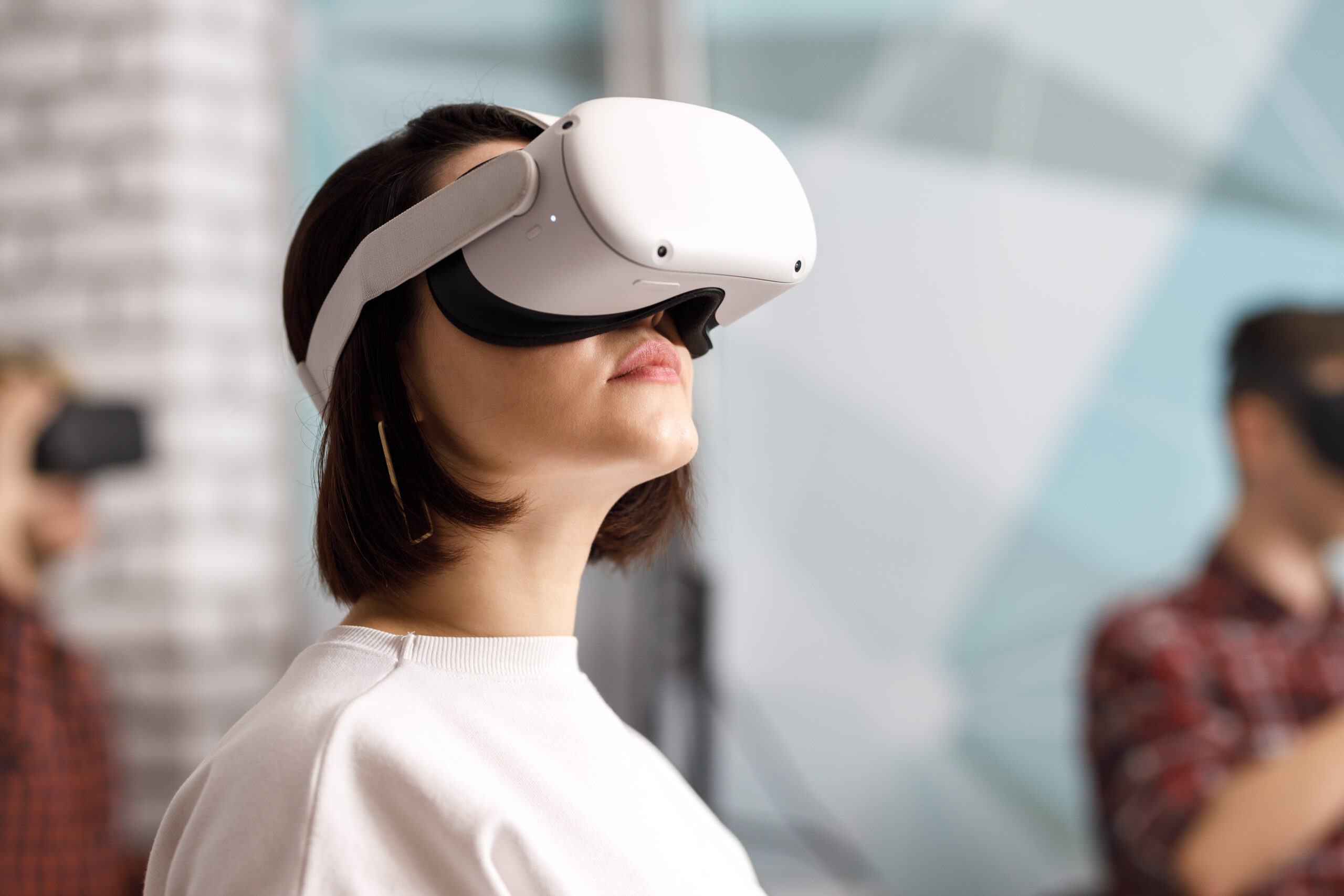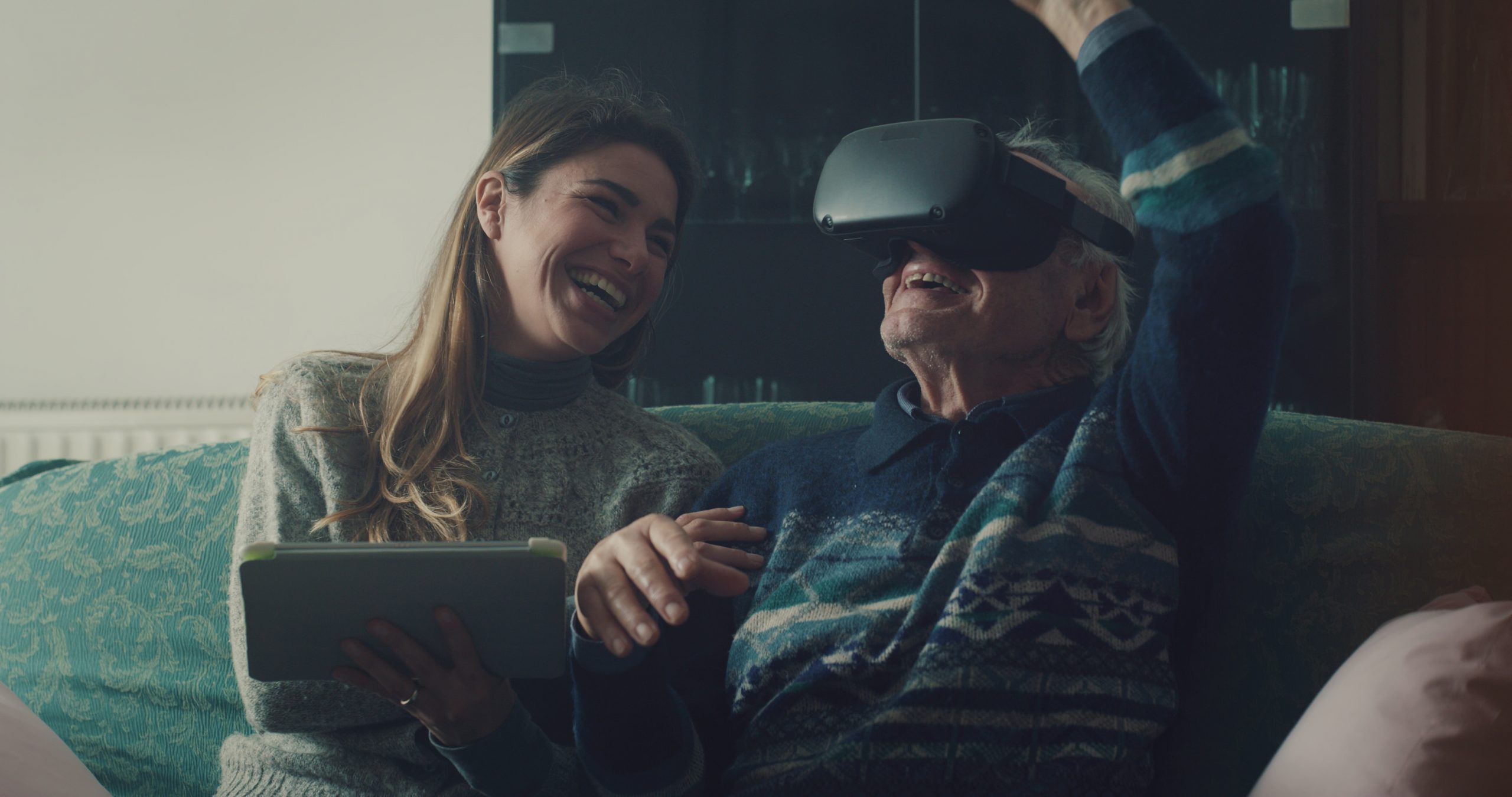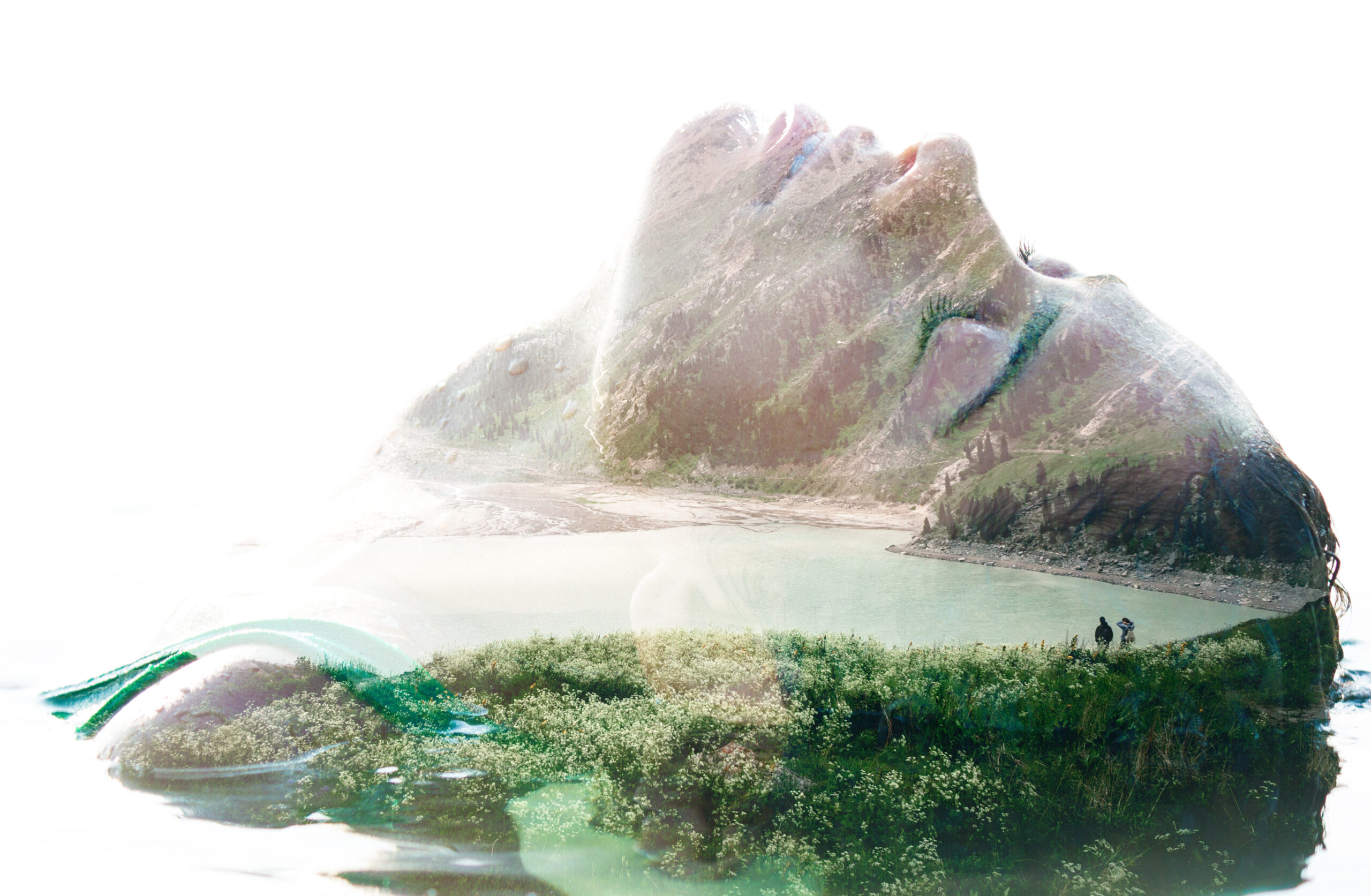Prof Helen Kennedy: Where might the resistance to these more problematic aspects come from and what role could grassroots organisations play?
Catherine Allen: I have a lot of hope for Meta and the larger companies. I know people who work for these organizations and there is a free culture of being able to voice concerns and space for healthy conversations that lead to good things.
In terms of external to these, there is legislative moment, with UK government, EU and states across the US critiquing and legislating. In their last 10K Report Meta identified their biggest risk as coming from regulation from US and international jurisdictions. This has been supported by lobbying from campaign groups who are pushing for change such as the NSPCC who were pushing for the Online Safety Bill to be strengthened and specifically to reference activity and not just content. These new laws that are being drafted across the world could be a call to action to these groups and I really hope that there’s enough digital immersive literacy for existing groups to feel confident in critiquing and providing a constructive push just as the NSPCC are doing.
There might be other groups that begin to emerge that have been directly affected by some of the harms that we are beginning to identify. For instance, something I’ve experienced myself is the disassociation from your own body when you come out of VR. It can be a really unpleasant feeling that can last weeks. I have had that experience but was able to ground myself through drawing on my experience in yoga and tai chi but others may not be able to do that. You could imagine that this might lead to accidents – somebody might have a car crash because of that. Maybe as more people have this experience and get affected by this they might create a campaign group.
You could also imagine people campaigning who have had their accounts suspended for reasons that they cannot understand. If they have been shut out of their earnings, their livelihoods, maybe they might create a campaign group as well.












